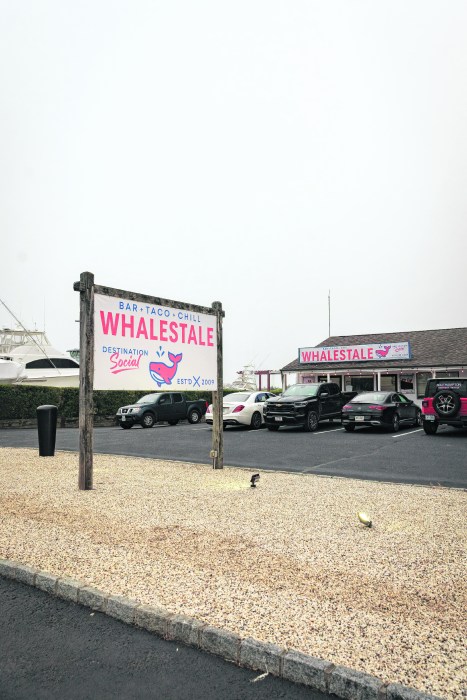The Republican-controlled Senate and the House have big changes planned for homeowners in tax plans proposed for 2018. Let’s examine the implications in general and how it might pan out in the Hamptons.
There are slight variations between the House and Senate versions of tax reform. The House GOP tax bill released called for cutting from $1.1 million to $500,000 the amount of mortgage debt on which taxpayers can deduct interest on. The Senate’s version cuts the amount just $100,000 to $1 million.
But both tax plans negate any benefits of the mortgage interest deduction by increasing the standard deduction and eliminating deductions for state and city income and sales taxes. This, of course, hurts high-cost, high-tax areas like the New York metro region. The House bill allows up to $10,000 of property taxes to be deducted; the Senate plan eliminates the property tax deduction entirely.
Home equity loans will no longer be deductible—in second home markets such as the Hamptons, buyers sometimes take out equity loans on their primary residences to pay for a vacation home. And, as for taxes on sale profits: currently, homeowners can keep up to $250,000 in profit tax free ($500,000 for married filing jointly) as long as their house was their primary residence for two of the last five years. New plans will require them to live there as a primary residence for five of the last eight years.
Finally, the House plan would eliminate the deduction for second and vacation homes. This is of course dangerous for the Hamptons. Obviously, there will be less benefit in the future for owning real estate other than a primary residence. We will almost certainly see a drop in value of second-home markets. (The Senate plan preserves the deduction for second homes.)
Of course, dropping home values have a ripple effect on local economies. Lower revenues mean less money going to schools and local governments.
What can individuals do? Properties owned by entities such as LLCs (limited liability company) will be able to take advantage of all deductions because they’re considered investments. That way, an owner could deduct interest and earn rental income while using the house part of the year. However, if many people do that, of course the rental market will be glutted and drive down rental prices. If owners can’t rent their properties, they’ll put them on the market and prices will again drop.
These issues are more concerning to the lower end of the market. At the higher end, buyers are most likely to pay cash for their properties, but many of them still prefer to mortgage and pay a low interest rate rather than tie up too many of their assets.
We don’t want to get too political or partisan here, but it’s fairly clear to us that both of these plans as written would be bad news for the Hamptons market.























